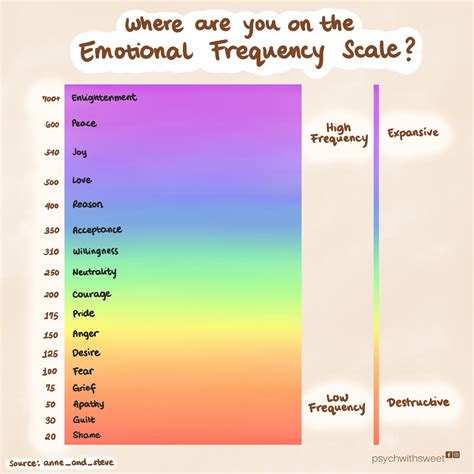What are some common mental health challenges specifically faced by men, and how do they often manifest differently compared to women?

Mental health is a universal concern, yet its experience and expression can vary significantly based on gender. While women are often more outwardly expressive about their emotional struggles and more likely to seek help, men frequently navigate mental health challenges in ways that are less visible, often masked by societal expectations and traditional masculinity.
The Silent Struggle: Societal Pressures and Masked Emotions
From a young age, men are often conditioned to be strong, stoic, and self-reliant. Phrases like “man up” or “boys don’t cry” can instill a deep-seated belief that expressing vulnerability, especially emotional pain, is a sign of weakness. This societal pressure contributes to a culture where men may suppress their feelings, leading to mental health issues manifesting in atypical ways.
This internalisation can make it challenging for men to recognise their own symptoms, let alone articulate them to others or seek professional help. The stigma associated with mental illness is amplified for men who feel they must uphold an image of invincibility.

Common Mental Health Challenges in Men
Depression: Beyond Sadness
While women often report classic symptoms of depression like sadness, guilt, and loss of pleasure, men frequently experience “masked depression.” This can manifest as irritability, anger, aggression, fatigue, sleep disturbances, or unexplained physical pain. Instead of appearing withdrawn, some men might become reckless, engage in risky behaviors, or increase their alcohol and drug consumption as a form of self-medication.
Workaholism, a persistent need for control, or escapist hobbies can also be subtle indicators of underlying depression, often mistaken for dedication or personal drive.
Anxiety: Restlessness and Avoidance
Anxiety disorders in men might not always present as overt worry or panic attacks. Instead, men may experience anxiety as restlessness, difficulty concentrating, persistent anger, or physical symptoms like headaches, digestive issues, or muscle tension. They might also avoid situations that trigger their anxiety, often leading to social isolation or withdrawal without recognizing the root cause.
Substance Use and Suicidal Ideation: Dangerous Coping
Rates of substance use disorders are generally higher among men, often serving as a coping mechanism for undiagnosed or unaddressed mental health issues like depression or anxiety. Tragically, men are also disproportionately affected by suicide. While women attempt suicide more often, men complete suicide at a significantly higher rate, partly because they tend to use more lethal means and are less likely to seek help during a crisis.

Distinct Manifestations: A Closer Look at Gender Differences
The differences in how men and women experience and express mental health issues are profound, rooted in a complex interplay of biology, psychology, and societal conditioning.
Emotional Expression and Coping Mechanisms
Women are often socialized to be more emotionally articulate and seek comfort in social connections when distressed. Men, conversely, are often encouraged to suppress emotions or channel them into less direct forms. This can lead to men externalizing their distress through anger, aggression, or risk-taking behaviors, or internalizing it, leading to physical symptoms or isolation, whereas women might be more prone to verbalizing sadness or anxiety.

Help-Seeking Behavior
One of the most significant differences lies in help-seeking behavior. Men are generally less likely to initiate contact with mental health professionals or even discuss their feelings with friends and family. This reluctance stems from the fear of being perceived as weak, a lack of awareness of symptoms, or a belief that they should be able to “fix” their problems independently. This delay in seeking help can lead to more severe and entrenched conditions by the time intervention occurs.

Breaking the Silence: Fostering Support and Understanding
Addressing men’s mental health requires a multi-faceted approach that acknowledges these unique challenges. Campaigns aimed at destigmatizing mental health must be tailored to resonate with men, emphasizing strength in seeking help and framing it as a proactive step towards well-being, rather than a sign of weakness.
Healthcare providers need to be educated on male-specific symptoms, recognizing that irritability, anger, or physical complaints could be indicators of underlying depression or anxiety. Creating accessible, non-judgmental spaces where men feel comfortable discussing their struggles is paramount.

Conclusion
Understanding the distinct ways mental health challenges manifest in men is crucial for effective prevention, diagnosis, and treatment. By challenging traditional notions of masculinity, fostering open dialogue, and providing tailored support, we can help men navigate their mental health journeys more effectively, ultimately saving lives and improving overall well-being for everyone.









